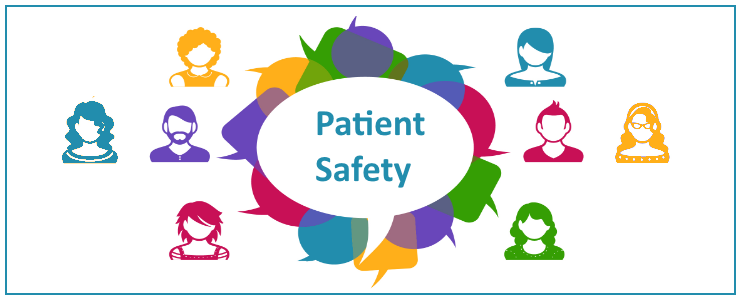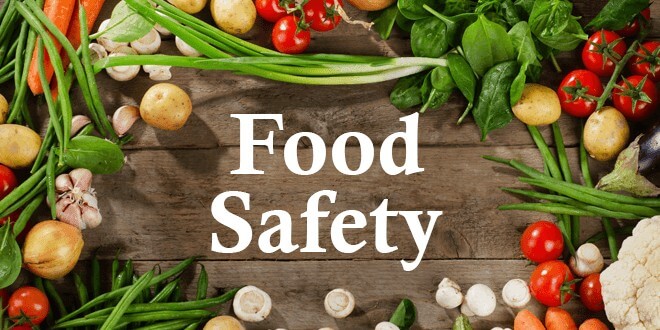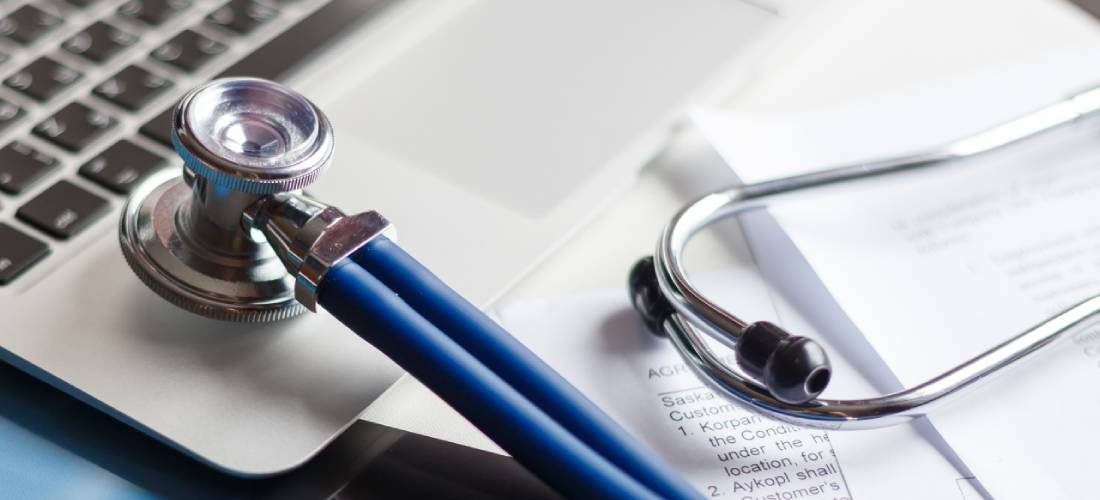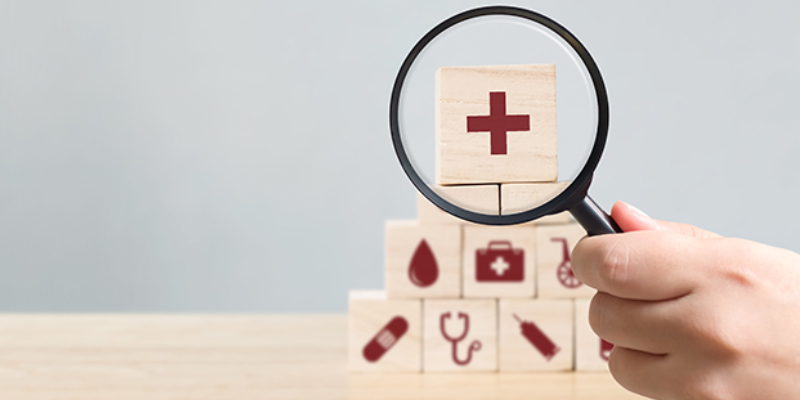Hospitals are the place; people believe they would be safe no more matter what. After all, when they are committed to protecting the life of patients, providing a safe and secure environment for patients and others would be the top priority for health care services. Apart from safety, security is yet another aspect hospitals work hard to abide. The hospitals’ security arrangements ensure that they keep the patients, staff, and visitors from all kinds of inappropriate behaviours and safeguarding the technical aspects as well. Let us go through some of the critical elements of safety and security that every hospital must make sure they implement it properly.
Safety and Security at hospitals
Security measures at hospitals
Hospitals use various security measures to ensure the safety of patients, staff, and visitors. The hospitals are authorized to have CCTVs unless that does not interfere with the privacy of patients. Hospitals are communicated about the rules, procedures, and policies regarding the usage of CCTV cameras. Apart from that, staff members make use of duress alarms and electronic access systems for doorways. Hospitals also employ Well-trained securities.
More Info About : Precautions and Things To Expect After Delivery
Health services follow a strict code of behaviour. Hospitals do not tolerate verbal or aggression or abuse towards patients, staff, family members, or visitors. Abusive visitors are asked to leave the hospitals if any untoward incidents happen. Visitors are restricted for only a few visiting hours as it is essential to consider the rest period of patients. Also, if visitors tend to get abusive after watching their loved one in pain and suffering, hospitals have the power to oust them from there.
Hospital staff should have their Identity cards displayed always. Hospitals must ensure verification of their background before being employed.
Safety measures at hospitals

Patient’s safety
Patients’ safety is the utmost priority of any hospital. Safety concerns of the patient includes keeping them safe from picking up infections, having falls , taking wrong medications or developing pressure sores. As a safety measure, the patient’s are provided with an identification band with name and other details in the ankle or wrists. Patients must wear the ID cards for their safety because the staff identifies the patients with the details written on the bands.
Following are some of the safety guidelines for patients
Infections
Hospitals have infection control procedures, and policies and staff take the utmost care to avoid infections. Nevertheless, the possibility of infections always looms especially with high-risk patients who can pick up a lung, wound, urinary tract, and bloodstream infections during their stay at the hospital. Health-care associated diseases can be avoided by being a bit careful like washing hands properly, informing nurses about unclean IV drip needles and unclean bandage dressing and uncomfortable catheters or tubes. Advising sick visitors not to visit help prevent infections to the patients.
Falls
Patients tend to be more shaky and unstable because of constant medications and tiredness. Patients must be utterly careful about falls as they might lead to fractures and head injuries, which can increase your stay at hospitals. Easy accessibility to call buttons and walking support must be provided to the patients to avoid the falls
Pressure Injuries
Wounds that form due to the ongoing pressure on an area of skin are known as pressure injuries. This can cause pain and discomfort to the patients resulting in slower recovery and more extended hospital stay. The hospital staff may monitor and develop a care plan to minimize the risk of pressure injuries like frequently inspecting skin and making sure nutrition and fluids are stable.
Electrical appliance check
Hospitals are very strict about the regulations in using personal electrical appliances like hairdryer, radio, mobile phone charger and docking station without the guidance of electricians. The visitors are advised to report the hospital authorities about the devices they have brought to the hospitals.

Food safety
Food safety regulations are a critical measure taken by most of the hospitals to avoid food poisoning. Most of the hospitals do not allow you or your visitors to bring food from outside. Well, it is always safer than being sorry.
Medication safety
Patients are advised not to take any outside medications while being admitted, including herbal or country medicines without the consent of the hospital staff. The medicine you thought would be safe to intake might cause negative impact when taken in with the hospital medicines. Hospitals have mechanisms to reduce the risk of administering wrong medications or wrong doses.
Keeping valuables safe
Hospitals too are at risk of thefts. Hence, it is advised to the patients and their caretakers not to carry valuables to hospitals. It is advisable to bring only the essentials items for your hospital stay. Some hospitals also offer storage spaces that are appropriately receipted.
Kids’ safety
Children’s hospitals and wards have strict regulations in place to protect the kids. Visitors’ access is limited to only parents or caretakers. Kids are also required to wear identity bands on their wrists or ankles during their hospital stay.
Hospital stays are unwelcome, but it is always better to ensure safety to avoid further discomforts. In case of any help during the visit, it is advised to contact the emergency cell of hospitals.






